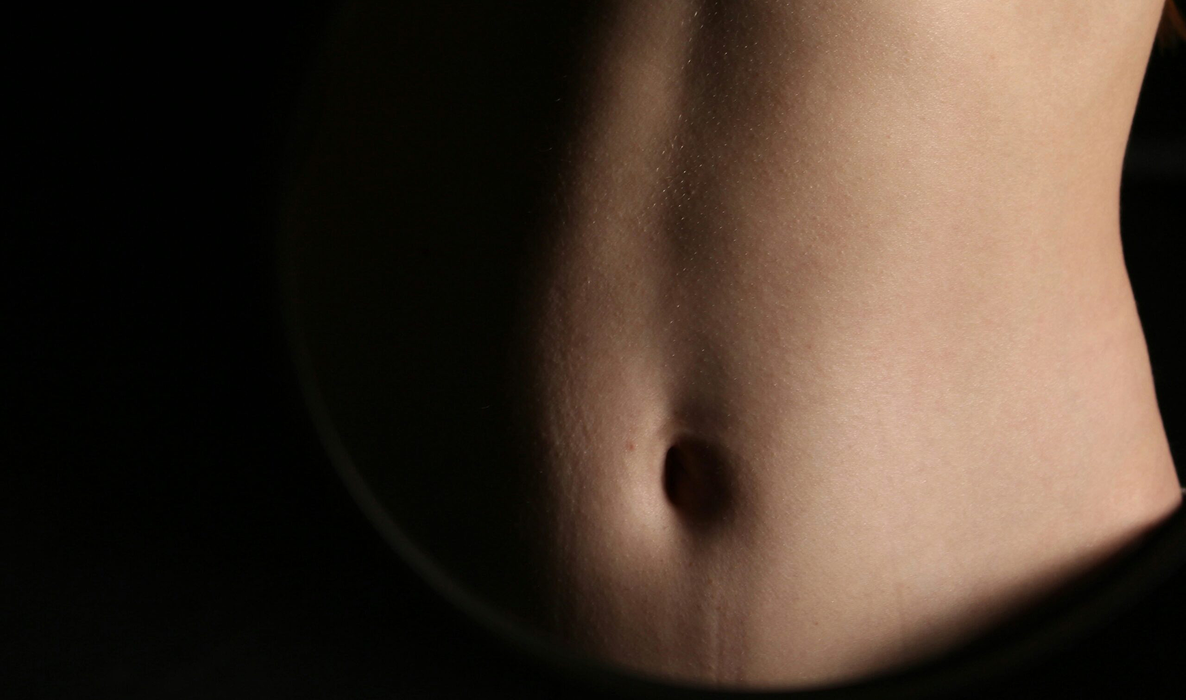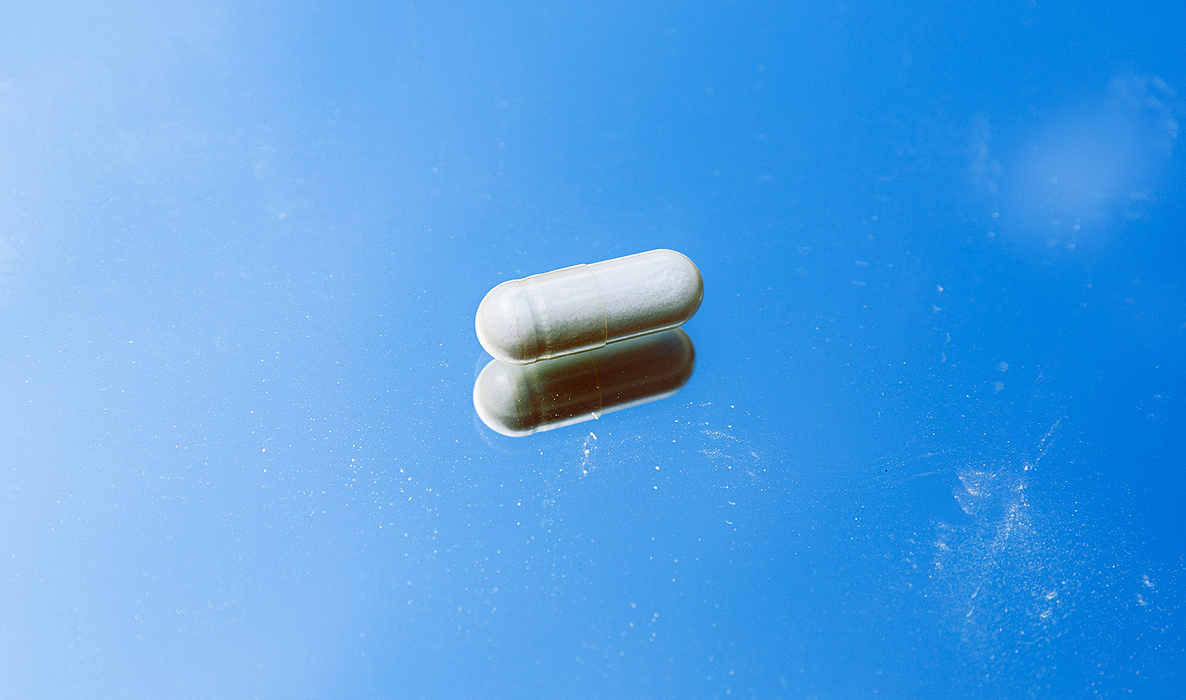If you’ve ever wondered why your hot flashes feel worse after a round of antibiotics or why certain foods make you feel bloated post-40, it may be your gut. Menopause gut symptoms — from gas and bloating to brain fog and night sweats — can be heavily influenced by what’s happening in your gut microbiome.
The Science Behind the Gut-Menopause Link
As estrogen and progesterone levels naturally decline during menopause, inflammation rises. What many don’t realize is that estrogen doesn’t just act through the ovaries. It interacts with the immune system and the gut. This estrogen and progesterone decline can also cause other changes like mood fluctuations and increased anxiety. One key group of gut bacteria — collectively known as the estrobolome — helps process and recycle estrogen. When this microbial community is healthy, it regulates how much active estrogen remains in your body.
However, aging, antibiotics, stress and diet changes can all throw your gut microbiome out of balance. That means that estrobolome can’t do its job. You excrete more estrogen than your body can afford to lose, leading to even lower circulating levels. This leaves you feeling the full impact of estrogen deficiency — hot flashes, brain fog and other menopause gut symptoms.
A disrupted microbiome can weaken the gut lining and increase permeability, or ”leaky gut.” This allows inflammatory substances to enter the bloodstream more easily.
How Gut Health Dictates Hot Flashes
Hot flashes aren’t just about hormones — they also affect inflammation and nervous system sensitivity. The gut regulates both of those.
1. Inflammation Gets Amplified
When estrogen drops, the immune system becomes more reactive. Combine that with a gut microbiome lacking beneficial bacteria like Lactobacillus rhamnosus or Bifidobacterium lactis, and you get an overproduction of inflammatory cytokines. These molecules can disrupt thermoregulation in the brain, which is why your internal “thermostat” starts acting up, resulting in hot flashes.
2. Microbiome Imbalance Worsens Estrogen Loss
Bacteria strains like Lactobacillus acidophilus and Lactobacillus reuteri support estrogen metabolism. When these strains decline, your body can’t convert or recycle estrogen efficiently. That leads to lower estrogen levels and more intense symptoms — including frequent, unpredictable hot flashes.
3. Gut-Brain Communication Gets Disrupted
Your gut and brain constantly communicate via the vagus nerve and the gut-brain axis. When your microbiome is imbalanced, this communication falters. You may experience more anxiety, disrupted sleep and heightened hot flashes — especially at night. Clinically studied probiotics like L. rhamnosus GG have been shown to restore the signaling and calm inflammatory stress responses that worsen menopause gut symptoms.
Dietary and Lifestyle Changes
Balancing your microbiome to ease menopause gut symptoms requires strategic actions that target inflammation and estrogen balance. Here’s how to get started:
1. Take Targeted Probiotics
Not all probiotics are the same. Look for supplements that list specific strains, like:
- L. rhamnosus GG: Reduces inflammatory markers and supports gut lining integrity
- L. reuteri ATCC PTA 6475: Helps modulate immune response and prevent bone loss
- B. lactis Bi-07: Improves digestion, enhances barrier function and supports stress resilience
- L. acidophilus NCFM: Crucial for estrogen metabolism and vaginal health
Choose a multi-strain probiotic with at least one to 10 billion CFUs. Look for products that include at least one Lactobacillus and one Bifidobacterium strain. Refrigerated or shelf-stable with a good delivery system is ideal.
2. Eat to Support the Estrobolome
Focus on prebiotic-rich foods that feed beneficial estrogen-metabolizing bacteria, such as:
- Cruciferous vegetables like broccoli, cabbage and Brussels sprouts contain compounds like sulforaphane to aid estrogen detox and support microbial diversity.
- Ground flaxseed contains lignans that help balance estrogen and serve as food for Bifidobacterium.
- Fermented foods like kefir, sauerkraut and kimchi can introduce live cultures that support a healthy microbiome.
For example, add one tablespoon of ground flaxseed to your smoothie or roast cruciferous vegetables two to three times a week.
3. Avoid Microbiome Disrupters
Certain foods can inflame your gut and disrupt your microbiome. This includes:
- Ultra-processed foods like refined sugars and foods with additives can cause inflammation.
- Even small amounts of alcohol can increase gut permeability
- NSAIDS like ibuprofen damage the gut lining if you use them regularly.
4. Consider Synbiotics and Polyphenols
Synbiotics are probiotics and prebiotics in one supplement. These feed your beneficial gut bacteria, enhancing health.
Polyphenols are natural compounds you can find in:
- Berries
- Green tea
- Olive oil
- Dark chocolate
5. Prioritize Stress Management
Stress can directly alter your gut microbiome and worsen menopause gut symptoms. When you’re under consistent pressure, your body activates the HPA (hypothalamic-pituitary-adrenal) axis, releasing more cortisol. This stress hormone can weaken the gut barrier, increase inflammation and disrupt the connection between your gut and brain. For women in perimenopause or menopause, that often means more intense hot flashes, poor sleep, digestive discomfort and even increased anxiety.
Managing stress is essential. Daily habits like meditation, breathwork and light exercise — especially yoga or a walk outside — can help regulate cortisol and bring your nervous system back into balance. From a gut health standpoint, these practices help maintain microbial diversity and reduce inflammation.
Certain probiotic strains can also support stress resilience, lowering cortisol levels and improving mood. Making stress relief a daily ritual could be one of the most powerful tools for easing hot flashes and gut symptoms.
Soothe Your Symptoms
Your microbiome may not show up on a hormone panel, but it plays a central role in how your body responds to menopause. From the way you metabolize estrogen to the severity of your hot flashes and mood swings, your gut bacteria are vital.
About the author: Beth Rush

Beth is the fitness editor at Body+Mind. She writes about how women with PCOS can hack their exercise routines to balance hormones naturally. She covers topics like plant-based recipes for athletes and preaching the benefits of green exercise. You can find Beth on Twitter @bodymindmag.











